Top Institute For Data Science – Learn Data Science From Scratch
4.9 out of 5 based on 54762 votesLast updated on 13th Feb 2024 5K Views
- Bookmark

Leading the frontier in Data Science education, our institute empowers minds with cutting-edge knowledge and practical skills for real-world impact.

TOC:
This blog will help you to master data science from scratch and you will also learn how a Top Institute for Data Science can help you to achieve your goals in 2025 and beyond.
- Overview
- Why Choose Data Science?
- What does a Data scientist do?
- Learn Mathematics and Statistics
- Learn Programming Skills – Python and R
- Master Data Bases
- Master Analytics Skills
- Learn by Doing
- Master Data Analytics Tools
- Summary
Overview
You are looking for the top institute for data science to become a data scientist and master data science concepts from scratch? Good news! It's a great time with lots of opportunities. You don't need a formal degree to learn data science. There are different ways, like getting a college degree, attending boot camps, joining a Data Science Course or teaching yourself online.
Learning data science doesn't have to be a full-time job. Many successful professionals took different paths. You can earn a good salary without a traditional degree. Not sure where to start? This article will guide you from being a beginner to getting ready for a job in data science. It's about finding the right path for you and building a successful career in this exciting field.
It is all about Data Science: Learn why choose this amazing field.
Why Data Science?
- Companies recognize the value of data for growth.
- Increasing demand for data professionals with the right skills.
- Data scientists provide insights for a competitive edge.
- Abundant opportunities in the growing field.
Growth and Opportunities
- Projected industry growth of nearly 30% by 2026.
- "Data Scientist" listed among the top three technology jobs.
- Quick payoffs for those learning data science.
Career Benefits
- Competitive job market leading to rising salaries.
- Graduates who complete a Data Science Certification Course can expect to earn a median salary of $125,000 with an MS in Data Science.
- Over 90% of graduates secure full-time roles within three months.
Worth the Effort
- Learning data science and completing projects may be challenging.
- Becoming a data scientist is a valuable and rewarding pursuit.
Job Security
- High demand for data scientists ensures virtual employment guarantees.
- Recognized importance of data ensures a stable role in the industry.
Next Step:
- Before diving in, understand what a data scientist does for a clearer path forward.
What does a Data Scientist Do? Know Job Responsibilities, Tasks, Steps etc.
Key Responsibilities of a Data Scientist:
- Turn data into meaningful insights.
- Guide upper management in making business decisions.
- Collect, clean, and analyze data.
- Utilize statistical methods and engineering skills for data cleaning.
- Conduct exploratory data analysis to identify patterns.
- Write algorithms and create machine learning models for experimentation.
- Communicate findings to other teams and management using data visualization and presentation skills.
Tasks of a Data Scientist:
- Identify opportunities for solving problems using data.
- Source valuable data for addressing problems.
- Ensure data meets organizational standards for accuracy.
- Employ algorithmic approaches and build models to generate insights.
- Use data visualization and storytelling to convey findings to stakeholders.
Steps to Learn Data Science:
- Understand the role of a data scientist.
- Identify opportunities to apply data science to problem-solving.
- Learn data sourcing techniques.
- Acquire skills in cleaning and preparing data.
- Explore algorithmic approaches and model building.
- Develop proficiency in data visualization and storytelling.
- Gain knowledge in communicating findings to various stakeholders.
Learn Mathematics and statistics with Top Institute for Data Science
To excel in data science, establish a robust foundation in mathematics and statistics. These skills form the theoretical backbone of the field, essential for algorithmic development.
Focus on statistics and probability, key areas for understanding algorithms. Start with a course, covering variance, correlations, conditional probabilities, and Bayes’ theorem.
As you delve into data science, tackle data wrangling, master predictive modelling, learn programming languages, and gain familiarity with various tools and datasets.
Overcome overwhelm with persistence. Effective communication skills are crucial alongside technical proficiency, often prioritized by employers over formal education.
Learn Programming Skills in Python and R with the Top Institute for Data Science
Learn Python and R for programming as a data scientist. Both open-source and beginner-friendly, Python excels in handling massive data volumes, deep learning, Data Engineering Course web scraping, and automation.
R specializes in translating statistical approaches to computer models, offering quick application of statistical packages for easy model building.
Choose based on career goals, favouring Python for deep learning and artificial intelligence, and R for statistical approaches. Knowing both enhances versatility in data science tasks.
Master Databases and SQL with Top Data Science Institute in India:
Data scientists must handle databases to retrieve and store processed data. SQL, a popular query language, facilitates data manipulation and is essential for data scientists. While deep knowledge of database technologies isn't necessary, understanding relational databases and query commands is crucial.
Learn Analysis Techniques with the top data science institute near you:
Data scientists employ various analysis methods based on the problem and data nature. Common techniques include cluster analysis, regression, time series analysis, and cohort analysis. While not necessary to know every method, data scientists excel at pairing problems with the most suitable analysis technique, showcasing their foresight and problem-solving skills.
You May Also Read:
Python Programming for Beginners
Python Interview Questions and Answers
Data Science Interview Questions and Answers
Artificial Intelligence and Machine Learning
Machine Learning and Deep Learning
Machine Learning Interview Questions
Learn by Doing – Practice, Practice and Practice:
Move beyond theory by working on beginner projects to reinforce your understanding of data analysis concepts. Prioritize a strong functional grasp over a surface-level understanding. Implement what you learn, such as coding a weighted mean program in Python, to deepen your comprehension through practical application.
Explore data science tools like Apache Spark for batch processing and D3.js for data visualizations. While it is not necessary to master a specific tool at this stage, familiarize yourself with one that interests you. Job descriptions from target companies can guide your tool selection, allowing you to gain a basic understanding and align your skills with industry needs.
Final Thoughts:
The journey to becoming a successful data scientist involves navigating various aspects. The field of data science offers abundant opportunities, with companies recognizing the value of data for growth and a projected industry growth of nearly 30% by 2026.
Learning data science doesn't require a formal degree, and the diverse paths to success include self-learning, boot camps, or formal courses. Key responsibilities and tasks of a data scientist include turning data into insights, employing algorithmic approaches, and effectively communicating findings.
To excel in the dynamic field of data science, essential skills include mastering mathematics, statistics, programming languages such as Python and R, and gaining a solid understanding of databases and analytical techniques. Emphasizing practice and persistence is crucial, as the ultimate goal is to establish a rewarding and secure career. Enrolling in a Python Course can significantly enhance your programming skills and provide a strong foundation for your journey in data science.
Take help from top Institute for Data Science and start an impeccable journey with experts today!
Subscribe For Free Demo
Free Demo for Corporate & Online Trainings.
Your email address will not be published. Required fields are marked *
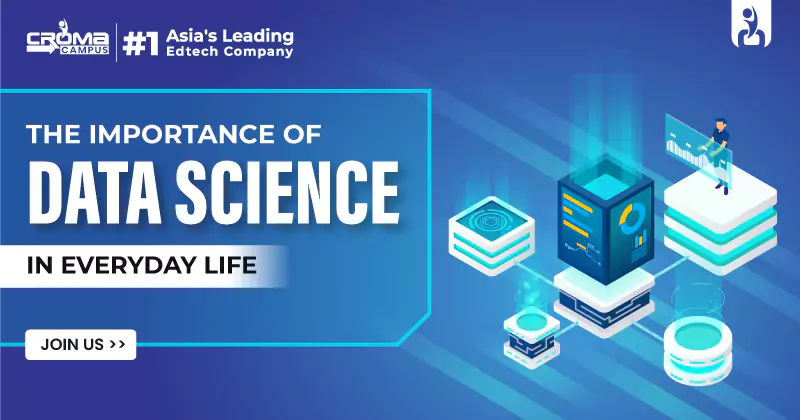
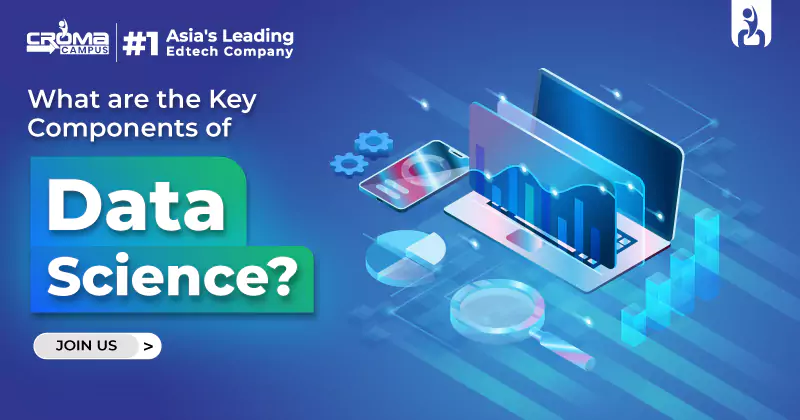

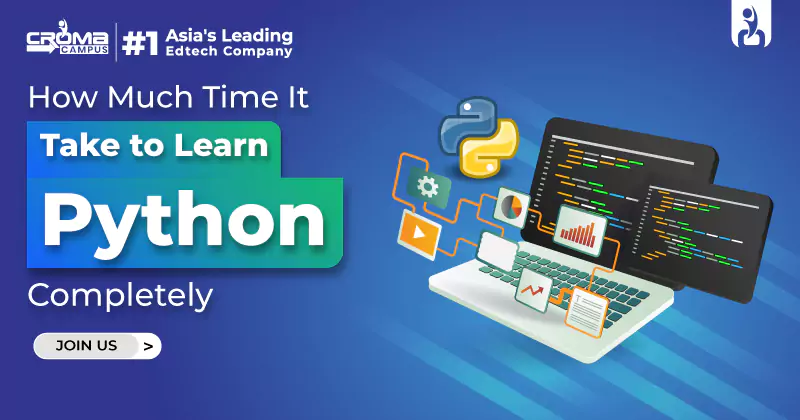


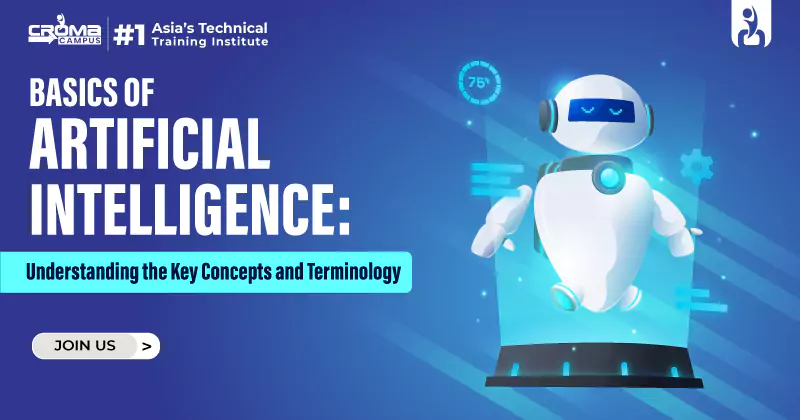
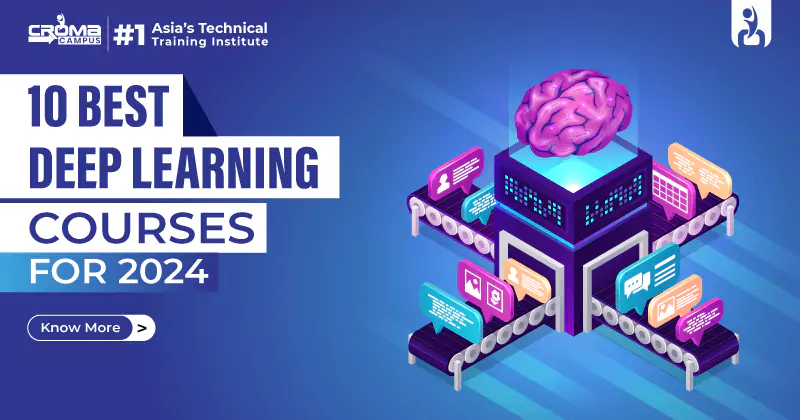
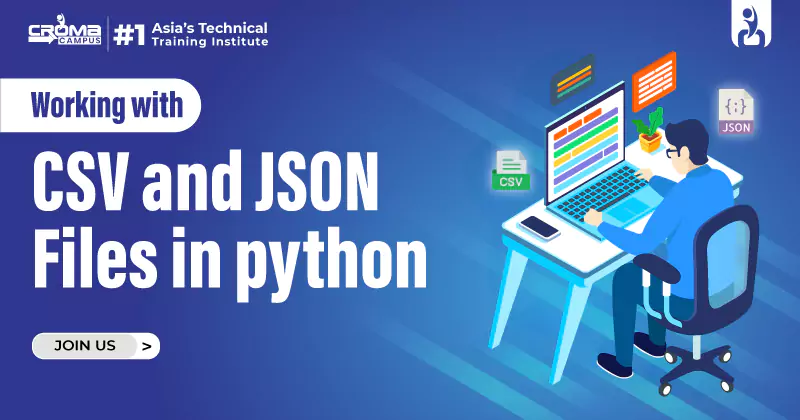

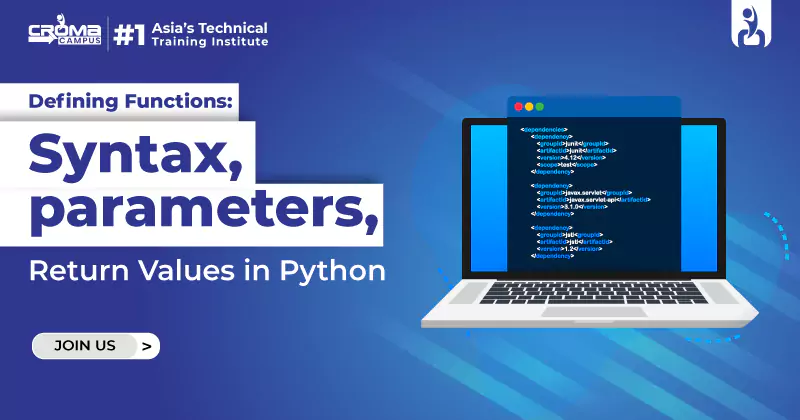
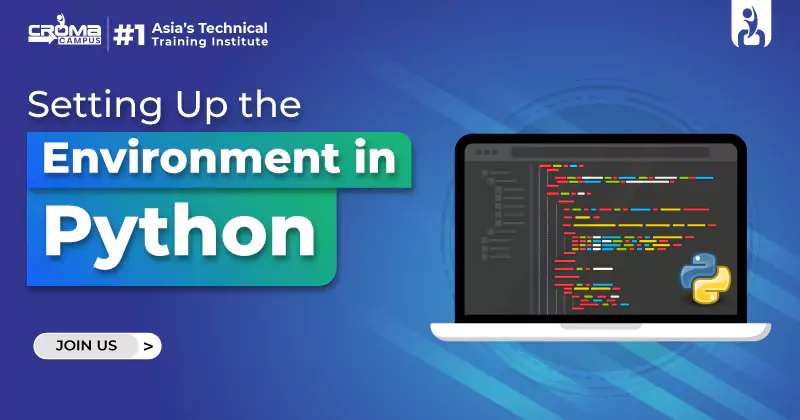









 Master in Cloud Computing Training
Master in Cloud Computing Training